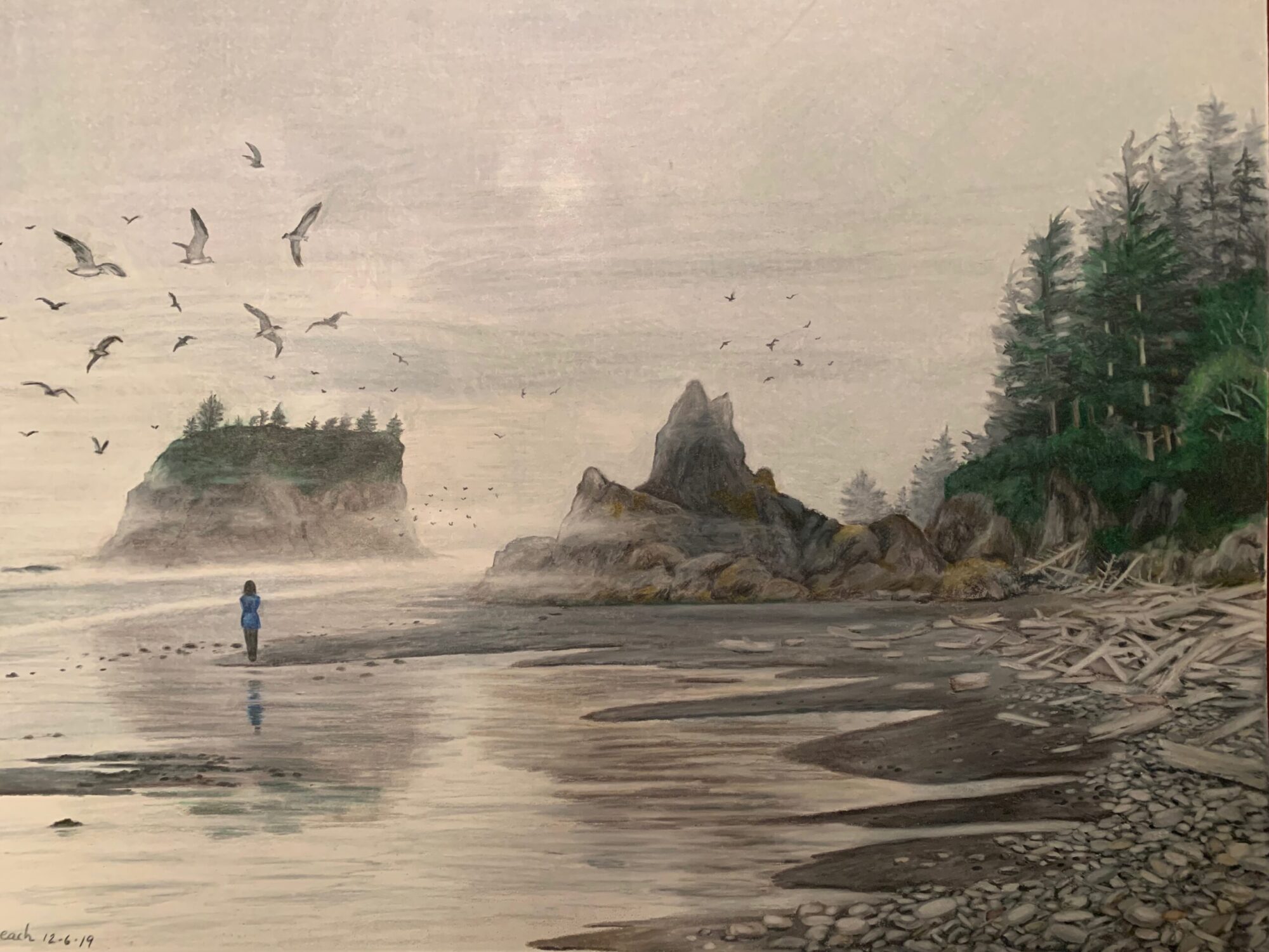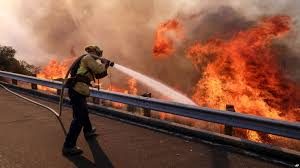The UN Intergovernmental Panel on Climate Change reports that we have twelve years to limit climate change. In twelve years we must implement major changes to keep temperatures between 1.5C and 2C. Already the effects of climate change are present as sea levels rise in Bangladesh and wildfires rage in California. The California fires occurred in a mostly wealthy technologically heavy city destroying more than 7,000 structures and displacing several homes and families, many of which are celebrities such as Kim Kardashian and Kanye West. In an effort to save their home and neighborhood Kim Kardashian and Kanye West paid private firefighters to fend off the fires. A privilege many low and middle-income individuals most likely could not afford to save their own homes
An emerging fear has begun circled around the idea of “disaster capitalism”, or the idea that “Climate adaptation could look like a million individual products, each precisely targeted on social media to the intersection of a consumer culture and a catastrophe” (Madrigal, 2018). Another term is the “shock doctrine” used to “ describe the brutal tactic of using the public’s disorientation following a collective shock – wars, coups, terrorist attacks, market crashes or natural disasters – to push through radical pro-corporate measures, often called “shock therapy” (Klein, 2017). Climate change can be commodified so that survival is a luxury only privy to the wealthy. Individuals can adapt to climate change in a way that does not work to lessen the environmental impact but instead to see it as a consumer good. The question of climate change then becomes an individualistic goal rather than a common problem that needs to be solved.
There are already business and products that are profiting off of climate change and disaster. For example, for wildfire smoke, there are different masks called the Training masks and personal rafts and vests for flooding disasters. The commodification of climate change will only lead to a more unequal world. It will lead to a world where only the wealthy will be able to buy their survival and poor and most often black and brown communities will be left to fend for themselves. The free market approach to climate control and in large disaster control is inhumane, there should not be a price to human life.
Sources:
https://www.theatlantic.com/technology/archive/2018/11/california-wildfires-climate-change-and-disaster-capitalism/575794/
https://www.theguardian.com/us-news/2017/jul/06/naomi-klein-how-power-profits-from-disaster


Ramisa, thank you for shedding light on this issue and bringing it to our attention. The obsession that this society seems to have with the commodification of all aspects of life, even climate change, makes me terrified for the well-being of the poor and the underprivileged in the future. By hiring private firefighters to protect their homes, celebrities such as Kim Kardashian are not only exercising their economic privilege, but detracting from the limited resource of firefighters who will otherwise be protecting less privileged individuals and their homes. The commodification of climate change is also concerning since this shifts the attention away from addressing ways to combat climate change. Instead, the focus is placed on withstanding climate change with new technology that only the rich can access. This “survival of the richest” approach to climate change will be detrimental to our Earth and the majority of the population.